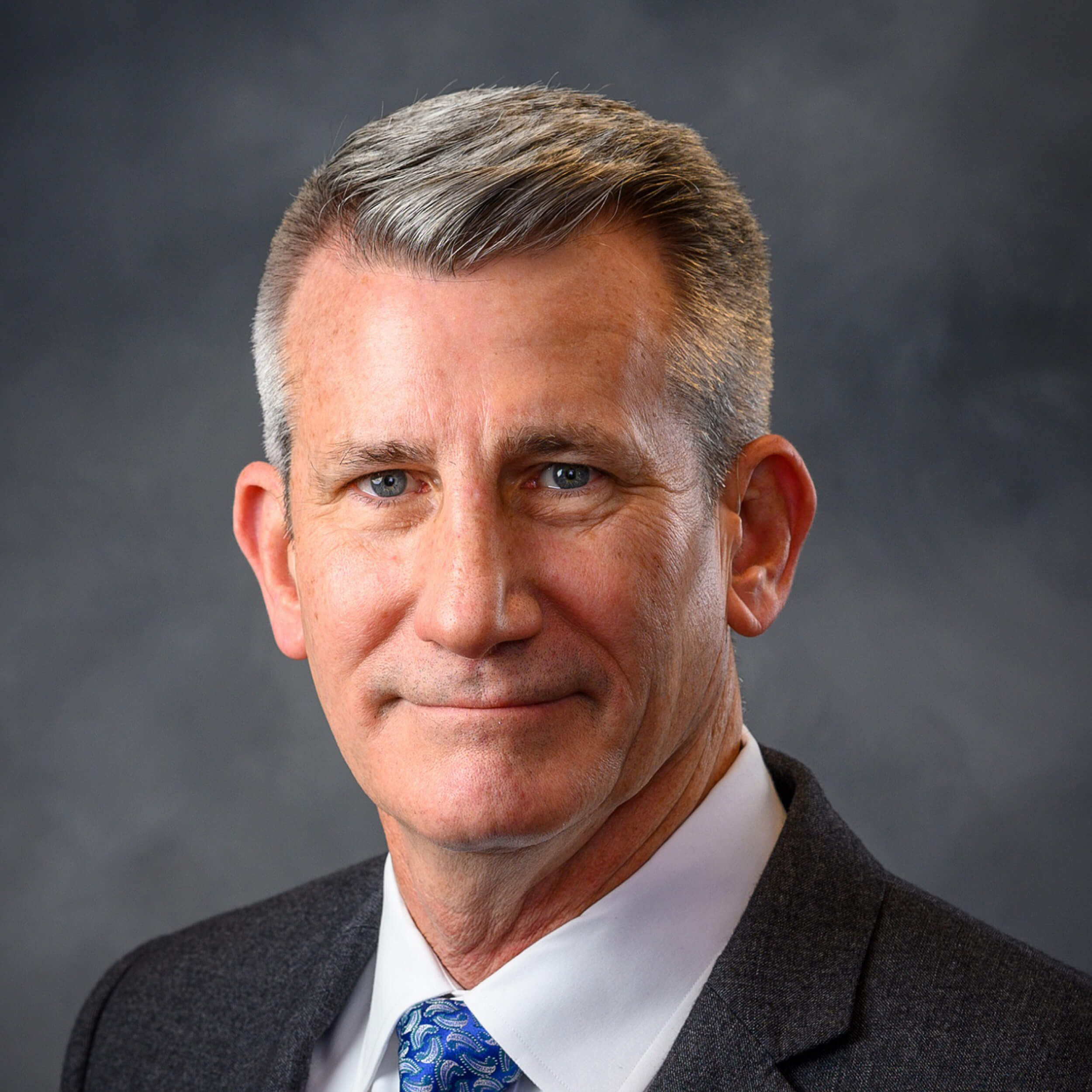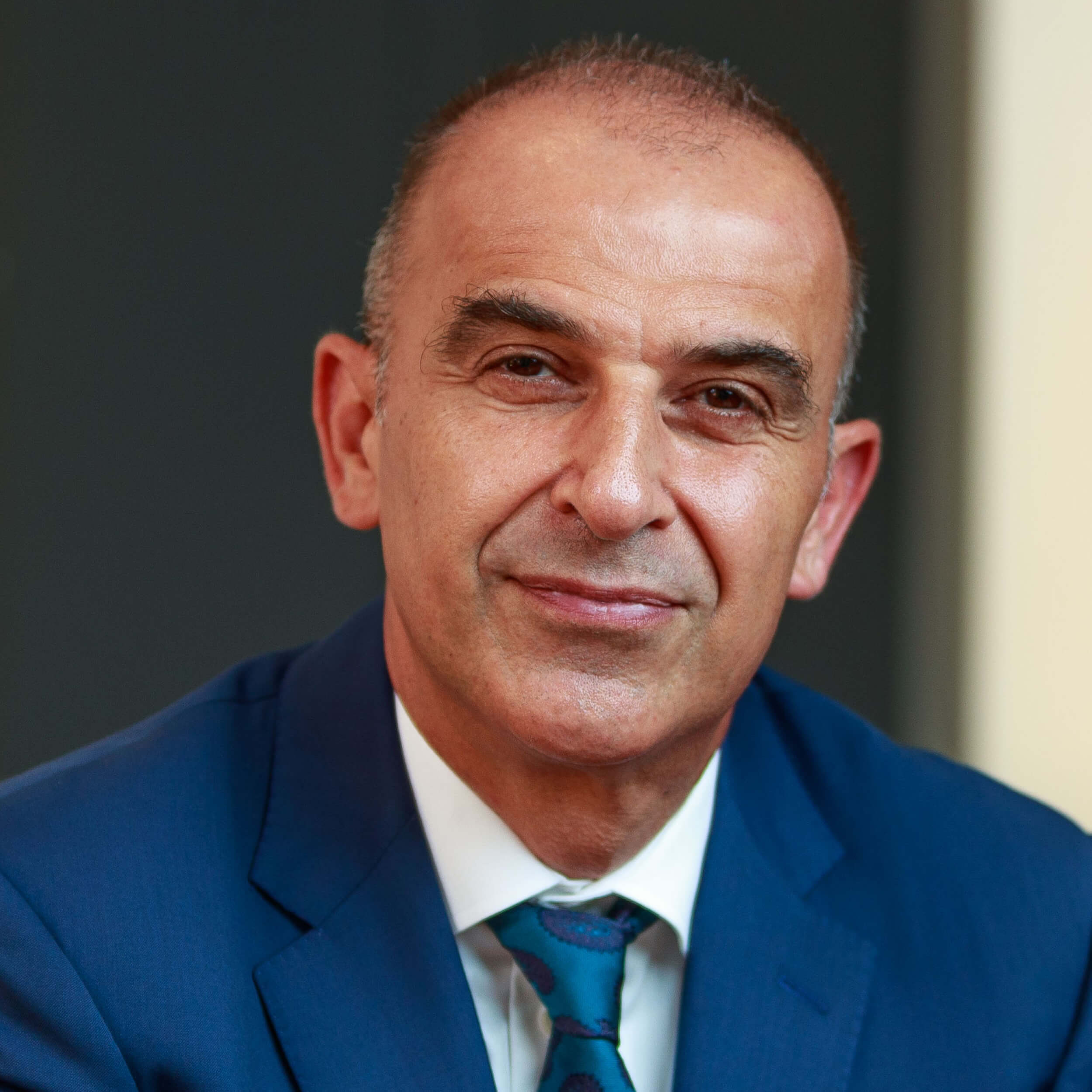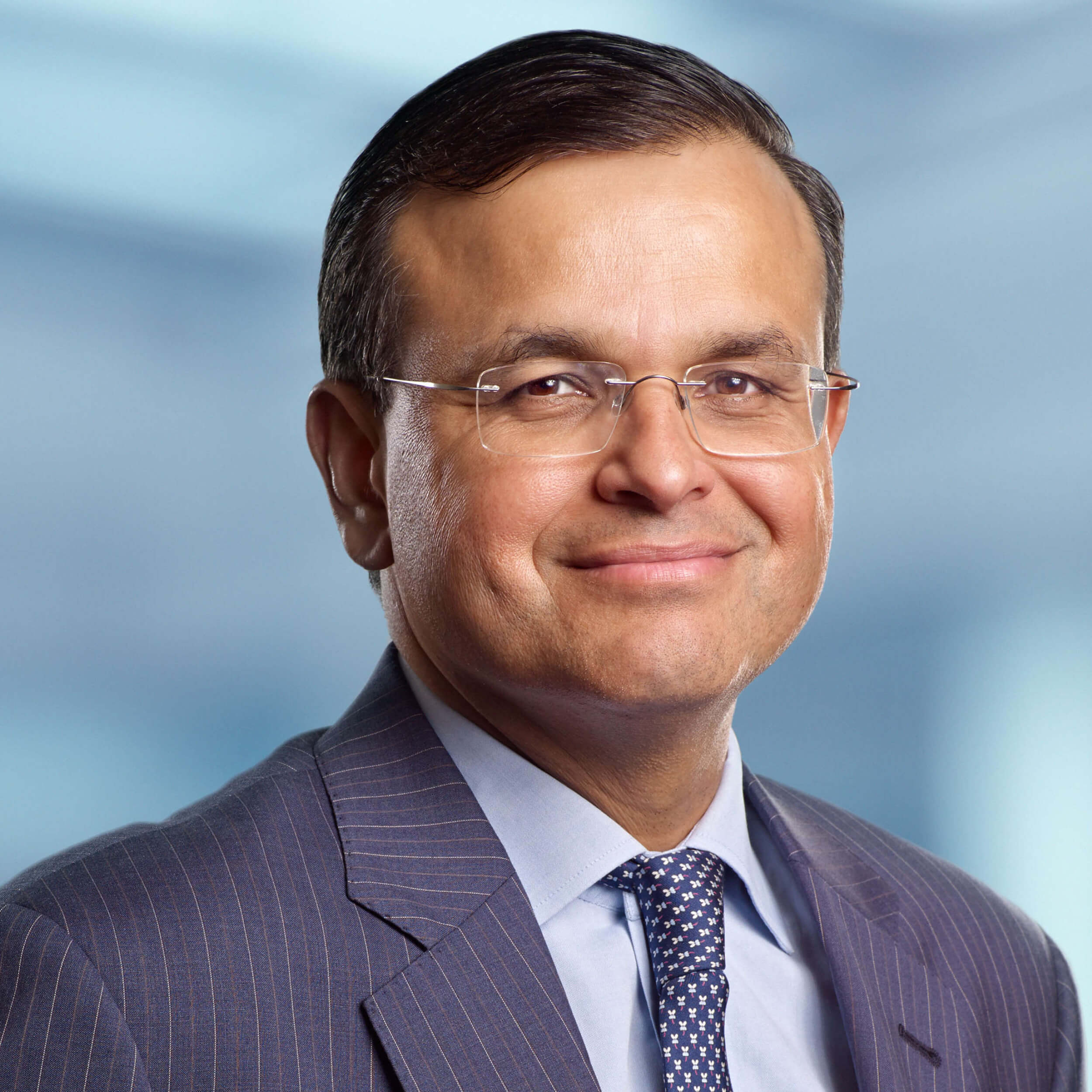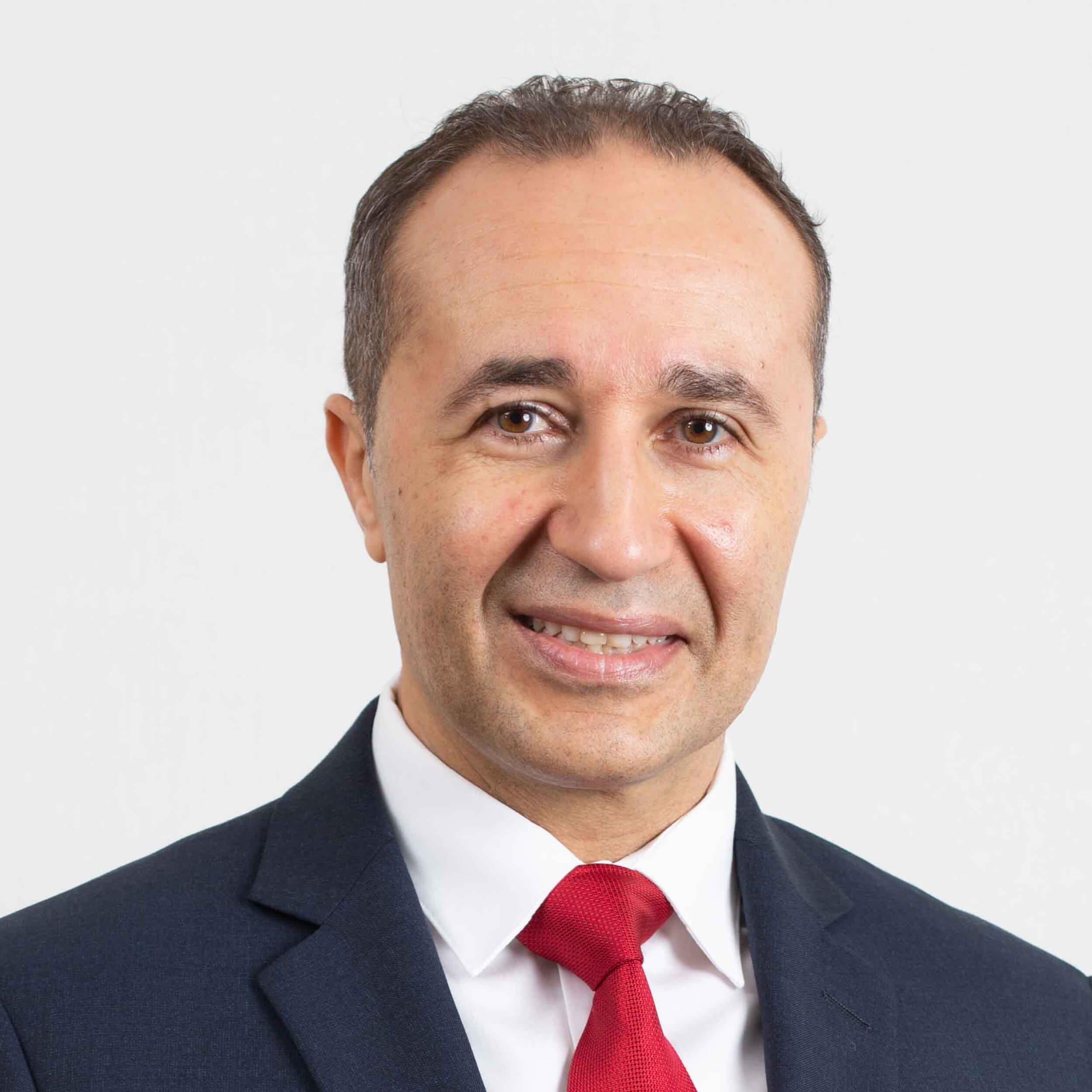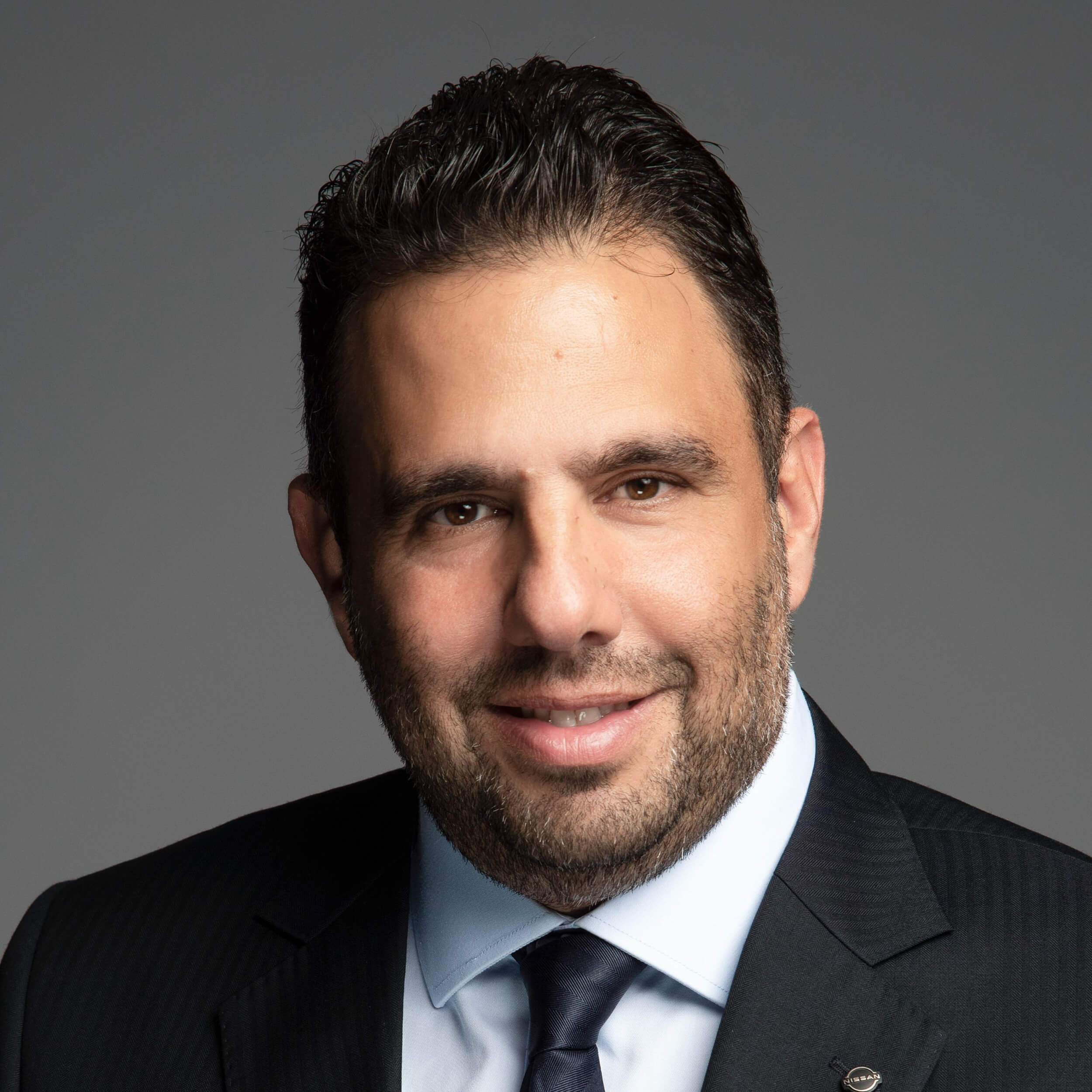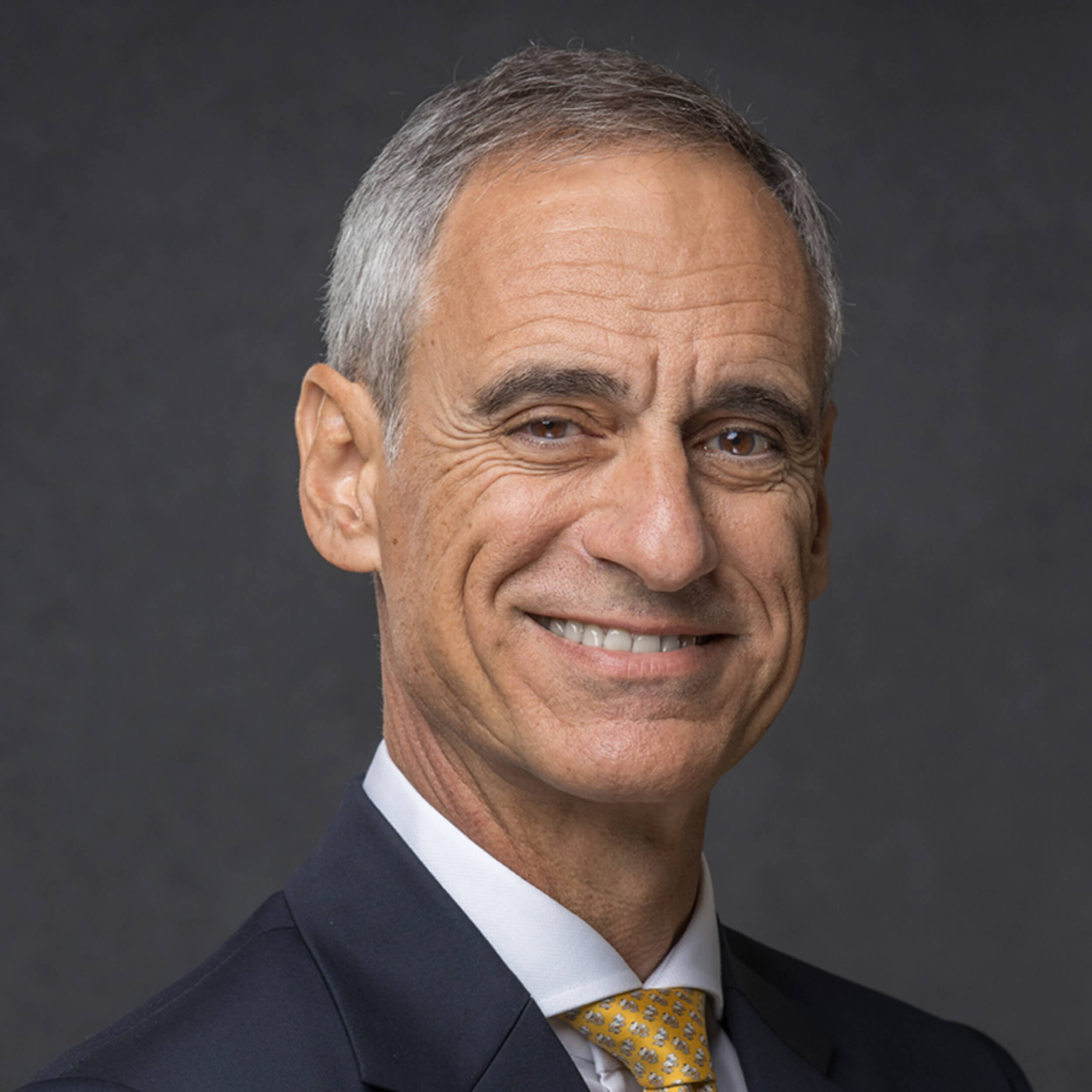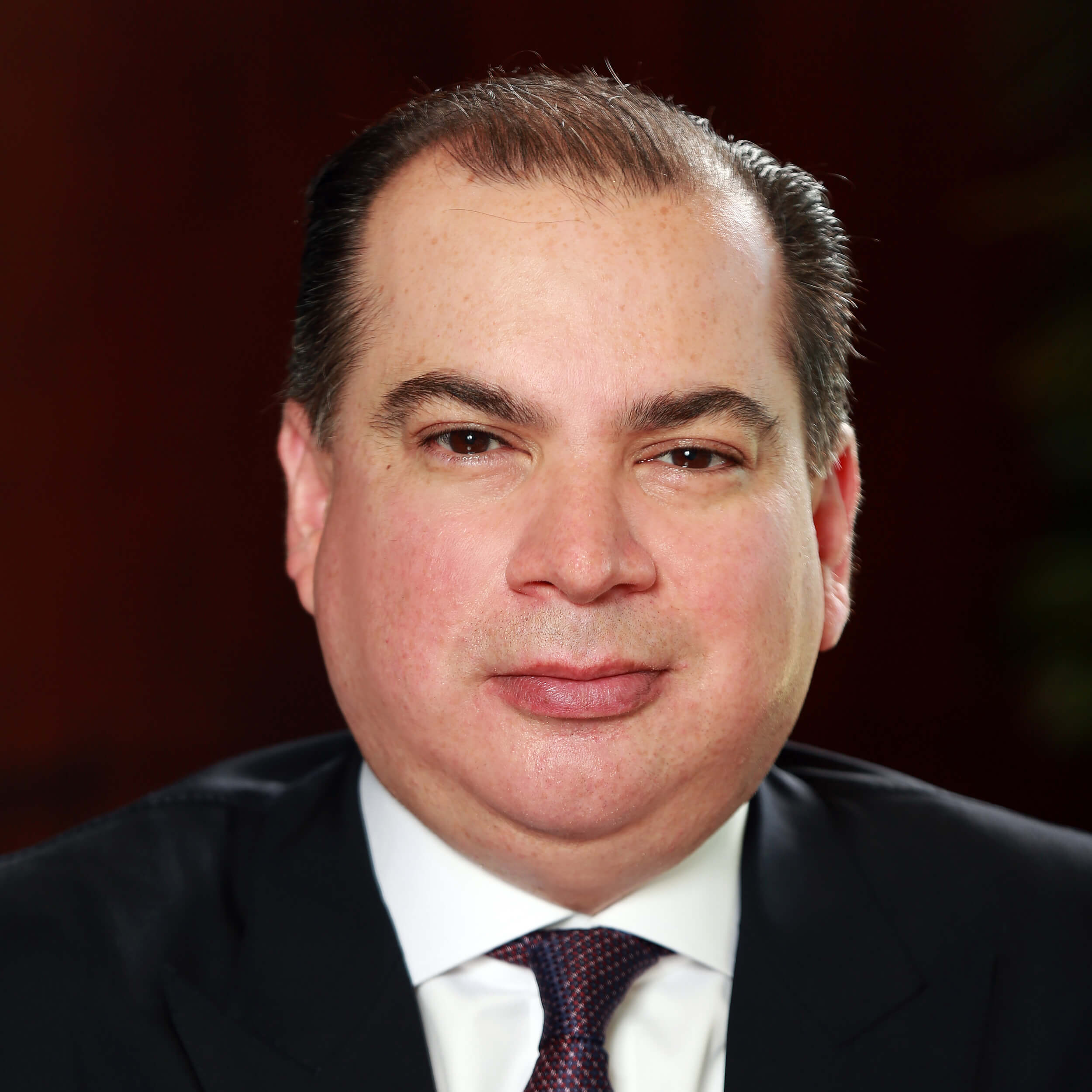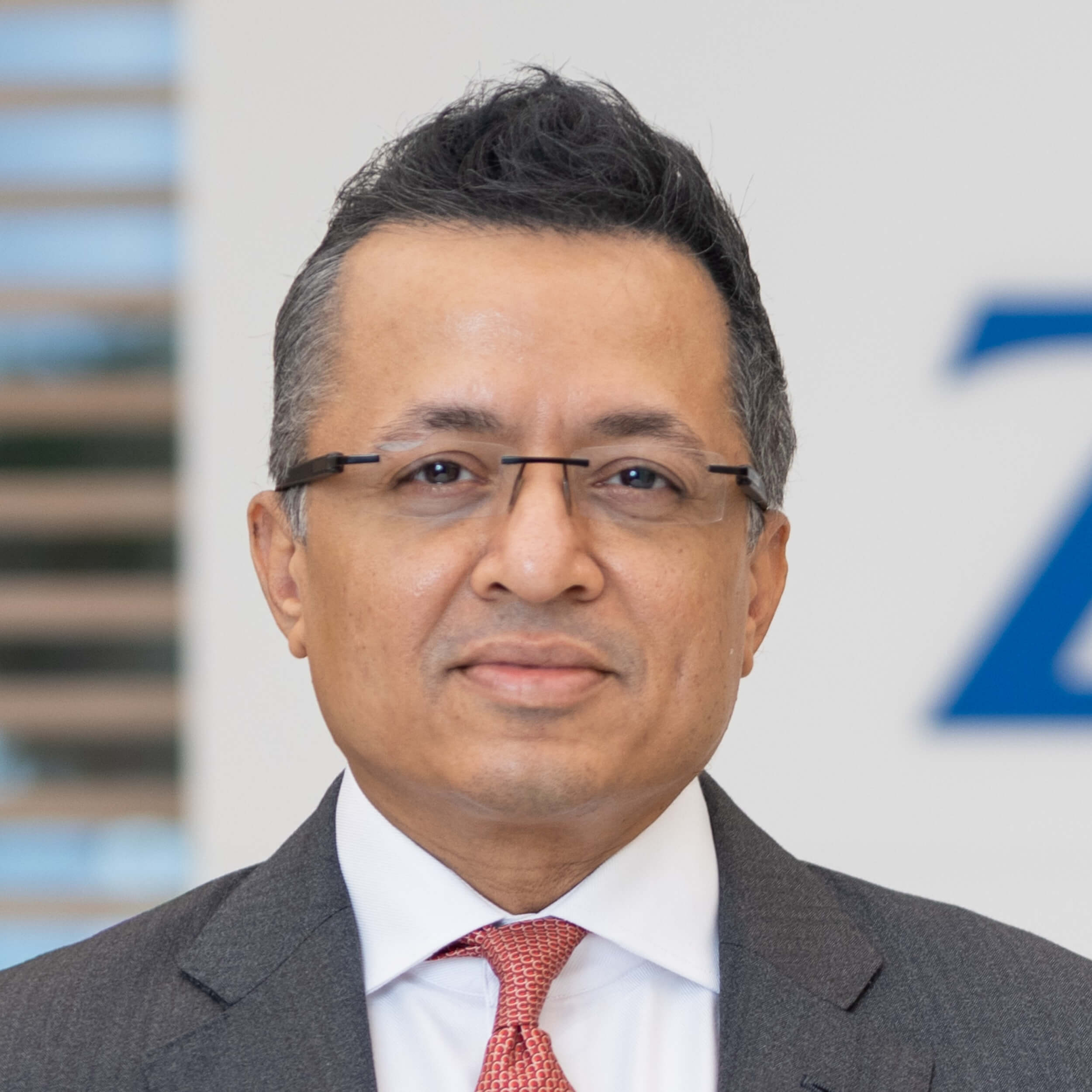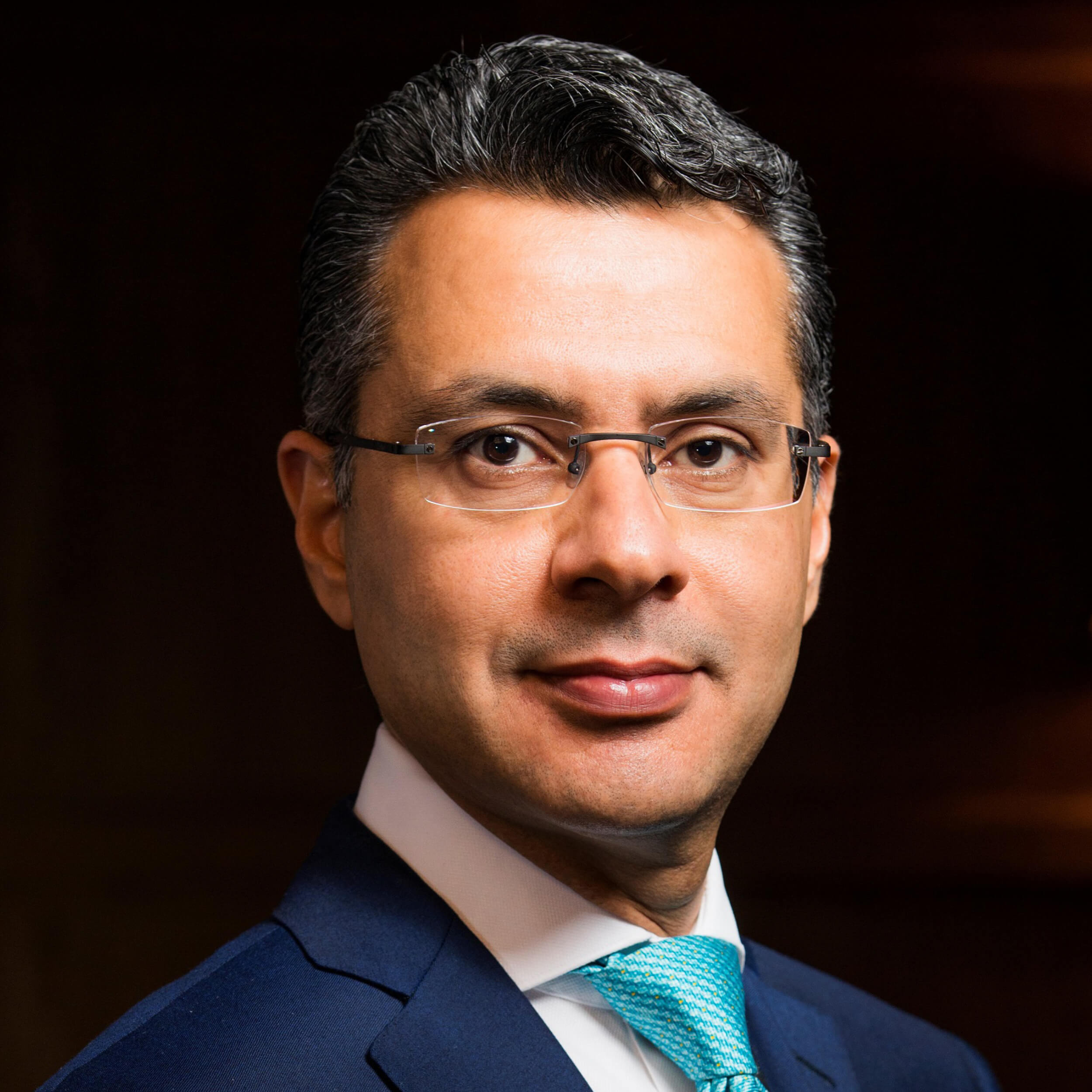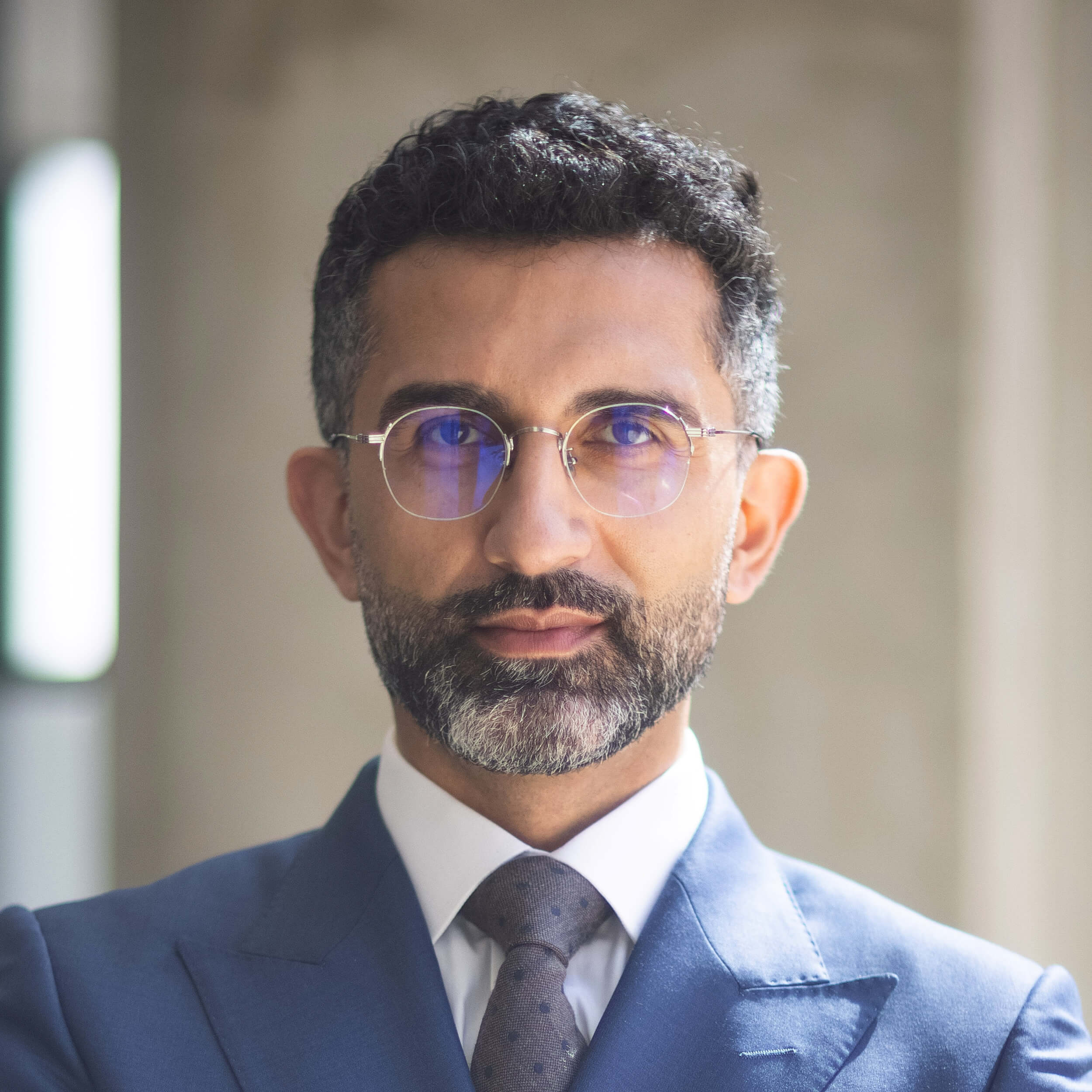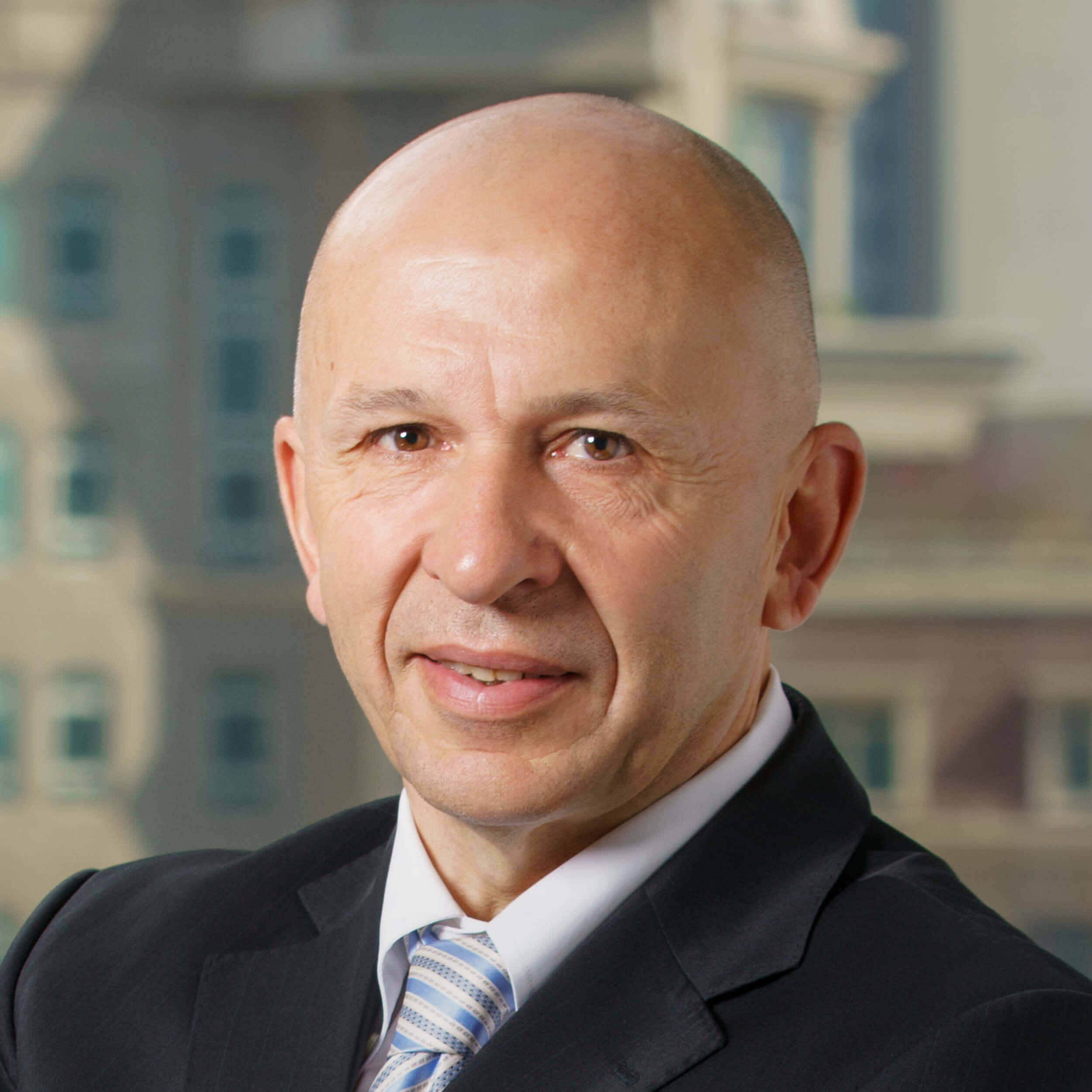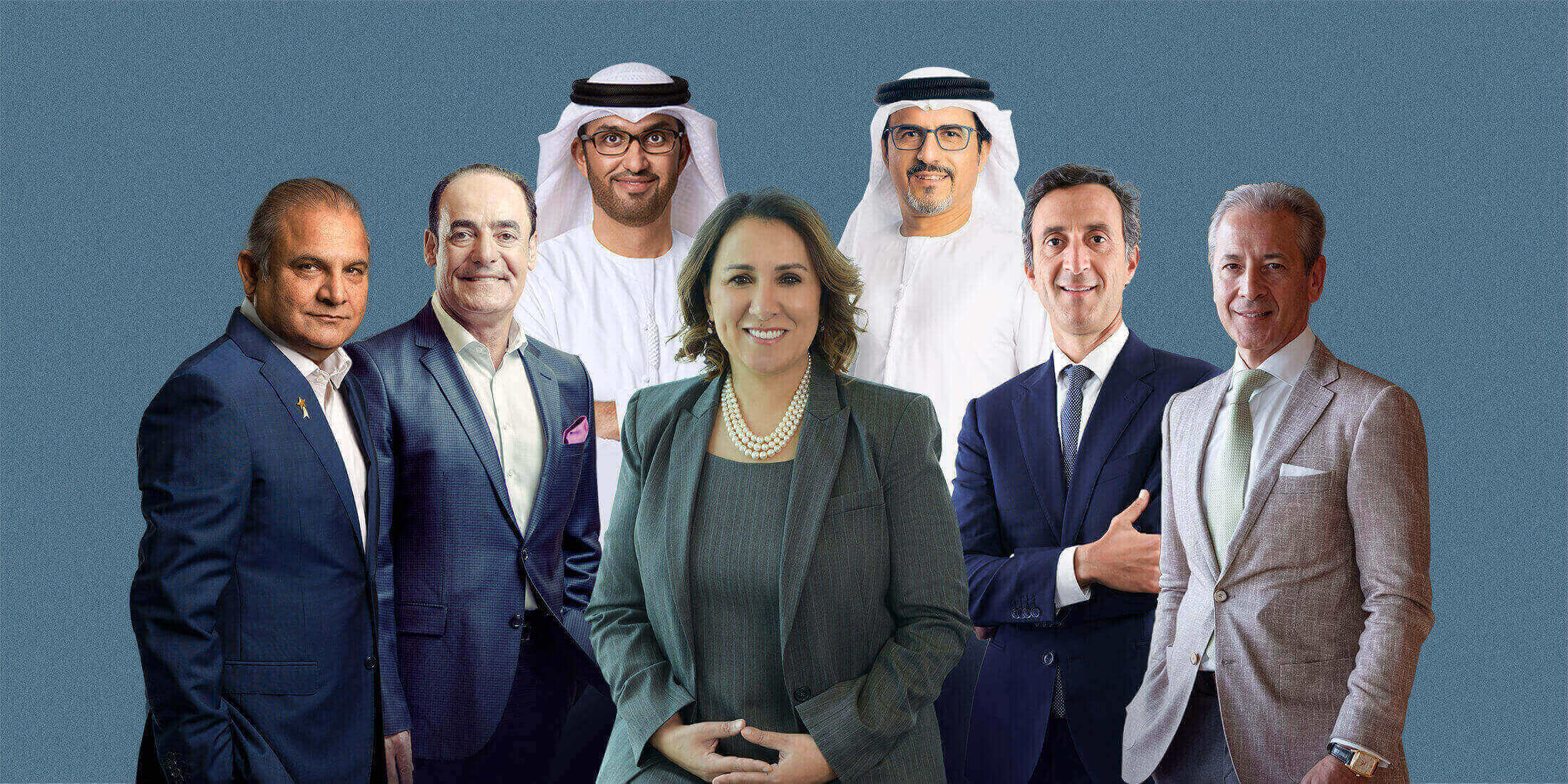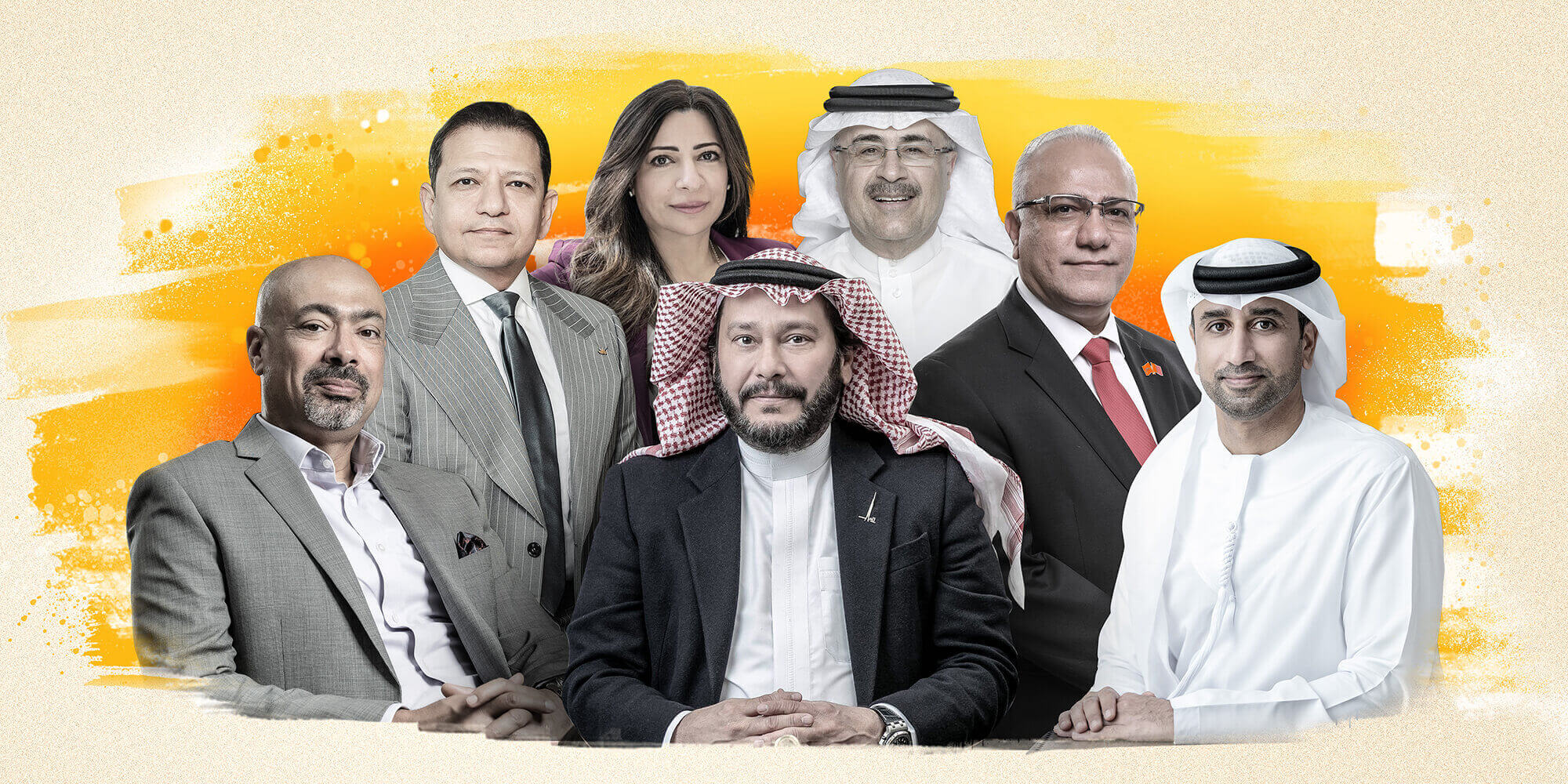Global Meets Local 2022

This year’s top regional executives of the world’s biggest companies represent 27 countries and 18 sectors.


In all sectors, international companies are as important as their regional counterparts to the growth and prosperity of the economies in MENA. By setting up offices in the Middle East, they create thousands of jobs, as well as bring technological advancements and capital into the region. Their presence has become rooted in the economies they serve regionally.
Governments are continuously connecting and creating stronger ties with these multinationals. For example, in 2022 alone, IBM has signed partnerships with Saudi Arabia’s Ministry of Communications and Information Technology, the U.A.E.’s Ministry of Industry and Advanced Technology, and Egypt’s Ministry of Finance. SAP has signed deals with the U.A.E.’s Abu Dhabi Department of Economic Development and Qatar’s Ooredoo. Schneider Electric has partnered with the Ministry of Industry and Advanced Technology in the U.A.E. And Novartis has signed an MoU with the Ministry of Investment of Saudi Arabia.
This is the tenth year we are releasing our annual Global Meets Local ranking. This year, we recognize 51 executives from 50 companies. These are the top companies on the annual Forbes Global 2000 list that have significant regional offices in MENA. The technology sector dominates the list this year, with 13 entries, followed by banking, food and beverage, pharmaceuticals, and automotive, each with four entries.
The executives represent 27 nationalities. Britain and France lead with five executives each, followed by Germany and Türkiye with four each.
Methodology
To compile our Global Meets Local ranking, we first look at the most recent Forbes’ Global 2000 list of the world’s biggest companies and identify those with significant operations in MENA.
We then identify the top-ranking executive at the company’s regional headquarters and analyze their impact and achievements. Executives have to be living in MENA to be considered.
We ranked the executives based on the following criteria:
• The impact that the executive has had on the region and the markets that they serve.
• The achievements and performance of the executive in the last year.
• The number and extensiveness of the sustainability and CSR initiatives led by the executive.
• Their designation and the geographical area that they oversee.
• The size of the business in terms of the number of employees, revenues if given, project value, and product reach.
• The number of years of industry experience that the executive has and the time they have served in their current role.
• The rank of the global organization on the Forbes Global 2000 list.
Methodology
To compile our Global Meets Local ranking, we first look at the most recent Forbes’ Global 2000 list of the world’s biggest companies and identify those with significant operations in MENA.
We then identify the top-ranking executive at the company’s regional headquarters and analyze their impact and achievements. Executives have to be living in MENA to be considered.
We ranked the executives based on the following criteria:
• The impact that the executive has had on the region and the markets that they serve.
• The achievements and performance of the executive in the last year.
• The number and extensiveness of the sustainability and CSR initiatives led by the executive.
• Their designation and the geographical area that they oversee.
• The size of the business in terms of the number of employees, revenues if given, project value, and product reach.
• The number of years of industry experience that the executive has and the time they have served in their current role.
• The rank of the global organization on the Forbes Global 2000 list.









